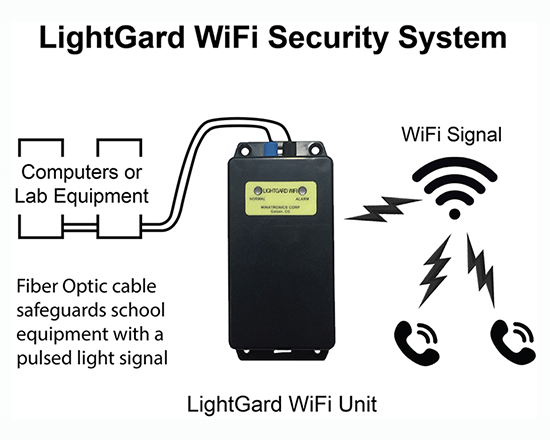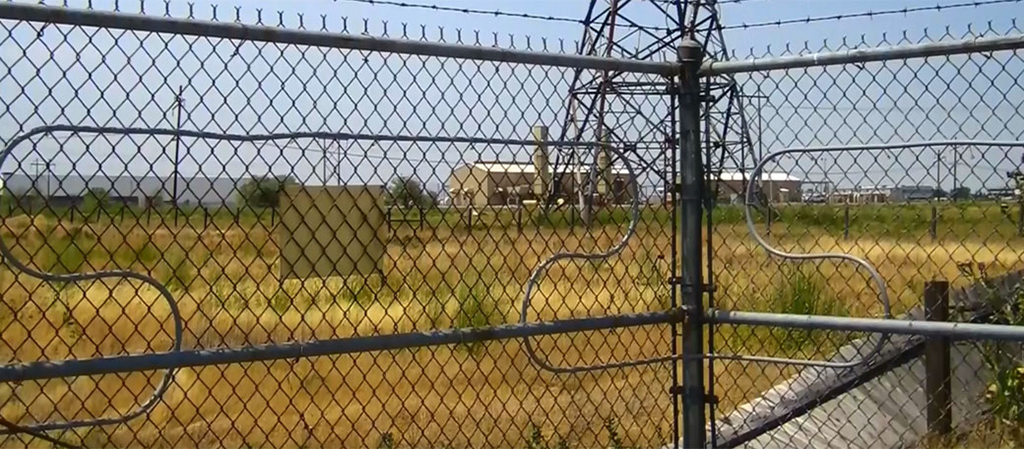A Comprehensive Guide to Fiber Optics Infrastructure for Security Installations
A Comprehensive Guide to Fiber Optics Infrastructure for Security Installations
Blog Article
Secure Your Home With Trusted Fiber Optic Safety Solutions
In an age where safety and security dangers are progressively sophisticated, the need for effective protection solutions is critical. Fiber optic security systems stand apart by providing outstanding reliability and performance, leveraging sophisticated light transmission modern technology to improve security capacities. These systems not just offer resistance to electro-magnetic interference yet likewise promise long-lasting expense efficiency with minimized maintenance demands. However, the decision to spend in such a service involves mindful consideration of various variables. Comprehending the complexities of fiber optic security can illuminate the path to guarding your building a lot more effectively. What facets should be explored to maximize your financial investment?
Advantages of Fiber Optic Security
Fiber optic safety remedies offer a variety of benefits that make them increasingly crucial in today's electronic landscape. One of the most substantial advantages is their superior data transfer capacity, which enables for the transmission of big amounts of data over cross countries without substantial signal degradation. This capacity is specifically helpful for safety and security systems that count on high-def video clip security and real-time tracking.
In addition, fiber optic cords are inherently a lot more safe and secure than conventional copper electrical wiring. They are immune to electromagnetic interference, making them much less vulnerable to hacking or eavesdropping. This boosted protection is crucial for shielding sensitive data and maintaining the honesty of monitoring systems.
Moreover, optical fiber are extra durable and resistant to environmental elements, such as moisture and temperature level changes, guaranteeing lasting reliability and minimized upkeep expenses. The lightweight nature of fiber optic cables also streamlines installation procedures, enabling better flexibility in system style.
How Fiber Optic Systems Work
In modern security applications, the procedure of fiber optic systems counts on the concepts of light transmission through versatile glass or plastic fibers. These fibers are designed to carry light signals over lengthy distances with minimal loss, making them ideal for transferring data associated with safety and security surveillance. The core of the fiber, surrounded by a cladding material, makes sure that light signals stay included within the core via a sensation called complete inner representation.
When integrated into security systems, fiber optic cable televisions can transmit information from various sensing units, such as electronic cameras, movement detectors, and alarm systems, to a central monitoring terminal. The high bandwidth capacity of optical fiber enables the transmission of huge amounts of information simultaneously, enabling real-time security and timely action to potential threats.

Sorts Of Fiber Optic Safety And Security Solutions
Different types of fiber optic safety and security options have actually arised to boost monitoring and protection across different settings. One popular option is fiber optic boundary intrusion detection systems (PIDS), made to keep track of and secure residential property limits through the detection of vibrations and disturbances along fiber optic cords. These systems provide real-time informs, making it possible for prompt responses to unauthorized gain access to attempts.
An additional reliable remedy is fiber optic video clip security. This technology leverages high-def cameras connected using fiber optic cords view publisher site to transmit video data over long distances without considerable loss of top quality. This arrangement is specifically advantageous in expansive locations, such as flight terminals and commercial sites, where traditional copper cables might fail.
Furthermore, fiber optic sensors are increasingly made use of for environmental tracking, spotting changes in temperature, pressure, or acoustic signals that can suggest safety and security breaches or unsafe problems. These sensing units supply high sensitivity and accuracy, making them optimal for vital infrastructure security.

Installment and Upkeep Tips
Efficient installment and maintenance of fiber optic protection services are critical for guaranteeing their optimum efficiency and longevity. Fiber optic cable televisions ought to be directed safely, avoiding sharp bends or twists that can compromise their stability.
Throughout installment, it is suggested to carry out complete testing of the system to confirm that all parts are click for source operating properly. Normal maintenance checks ought to be set up to inspect the fiber optic cords for any kind of signs of wear or damages, as well as to make sure that links remain secure. Cleansing the connectors occasionally is also crucial to avoid signal loss fiber security system because of dirt or particles.
Additionally, maintaining an upgraded inventory of installed parts and their specs can facilitate easier troubleshooting and upgrades. By adhering to these installment and upkeep suggestions, homeowner can maximize the effectiveness of their fiber optic protection services, guaranteeing a reliable defense versus prospective risks.
Comparing Prices and Performance
When examining fiber optic safety services, understanding the balance between costs and performance comes to be paramount (security fibers). Organizations needs to consider the in advance investment, continuous upkeep expenditures, and the lasting value these systems supply. While fiber optic systems might need a greater initial installment price contrasted to conventional copper circuitry, their longevity and decreased susceptibility to electromagnetic interference usually convert to lower upkeep costs in time
Efficiency is another critical aspect; fiber optic protection systems use enhanced information transmission rates and boosted integrity. They can cover bigger distances without signal degradation, making them excellent for large homes or remote places. In addition, the high bandwidth ability sustains sophisticated security applications, such as high-definition video monitoring and real-time surveillance, which are vital for detailed safety and security administration.
Ultimately, the selection between expense and performance should be guided by certain security requirements and run the risk of evaluations. Organizations has to analyze their special requirements, thinking about aspects like property dimension, security dangers, and technological developments. By performing a comprehensive cost-benefit evaluation, stakeholders can make educated choices that line up with their safety and security purposes while guaranteeing an audio investment in fiber optic technology.
Final Thought
In conclusion, fiber optic safety and security services offer significant benefits in regards to efficiency, dependability, and immunity to ecological disturbances. These systems enhance surveillance capabilities and border safety and security, making them an effective choice for detailed security. First installment prices might be greater, the lasting advantages, including reduced maintenance and premium performance, justify the financial investment. Eventually, the fostering of fiber optic innovation represents a forward-thinking approach to securing buildings against evolving security risks.
Report this page